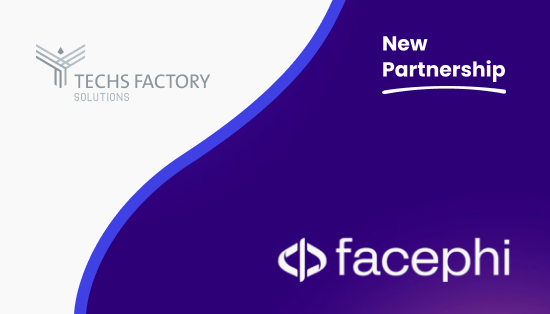19-12-2023
I
n today’s fast-paced digital world, having a website that is optimized for both speed and search engine optimization (SEO) is crucial for the success of any business. A slow website that is not optimized for SEO can negatively impact user experience, which can result in a loss of traffic, leads, and ultimately, revenue. In this article, we will discuss how website speed and SEO affect business growth and what steps businesses can take to improve both.
Website Speed
Website speed is the amount of time it takes for a website to load. A slow website can frustrate users and cause them to leave before they have even seen what the website has to offer. Studies have shown that users expect websites to load within three seconds or less. Any longer, and the user is likely to abandon the website.
Businesses can improve website speed by:
- Optimizing images: Large images can slow down a website. Businesses can optimize images by compressing them without sacrificing quality.
- Minimizing HTTP requests: The more HTTP requests a website has, the slower it will load. Businesses can minimize HTTP requests by reducing the number of elements on a web page.
- Enabling browser caching: Caching allows browsers to store website data, reducing the amount of time it takes to load a website on subsequent visits.
SEO
SEO is the practice of optimizing a website for search engines. A website that is not optimized for SEO will struggle to rank well in search engine results pages (SERPs). This can result in a loss of organic traffic, which can negatively impact business growth.
Businesses can improve SEO by:
- Conducting keyword research: Keyword research allows businesses to identify the keywords and phrases that their target audience is using to search for their products or services.
- Creating high-quality content: High-quality content that is relevant and valuable to the target audience can help improve search engine rankings.
- Building high-quality backlinks: Backlinks from reputable websites can help improve search engine rankings.
Website speed and SEO are both crucial for the success of any business. A slow website that is not optimized for SEO can negatively impact user experience, search engine rankings, and ultimately, business growth. Businesses can improve website speed and SEO by optimizing images, minimizing HTTP requests, enabling browser caching, conducting keyword research, creating high-quality content, and building high-quality backlinks. By taking these steps, businesses can ensure that their website is optimized for both speed and SEO, improving user experience, search engine rankings, and ultimately, business growth.
On another hand Schema.org is a collaborative effort between major search engines like Google, Microsoft, and Yahoo! to create a shared vocabulary for structured data on the internet. The goal is to make it easier for search engines to understand the content on web pages, and display relevant information to users in search results. In this article, we will discuss how Schema.org affects your website’s search ability.
What is Schema.org?
Schema.org provides a set of HTML tags that webmasters can use to markup their content and provide more information to search engines. This information can include things like the author of an article, the price of a product, or the location of a business. By providing this structured data, search engines can better understand the content on a web page and display it in a more useful way to users.
How does Schema.org affect your website’s search ability?
Schema.org can have a significant impact on your website’s search ability in several ways:
- Rich snippets: One of the most visible ways that Schema.org affects search ability is through rich snippets. Rich snippets are enhanced search results that include additional information about a web page, such as ratings, reviews, and images. By using Schema.org markup, webmasters can increase the chances of their web pages appearing as rich snippets in search results, which can lead to more clicks and traffic.
- Improved search relevance: Schema.org markup can help search engines better understand the content on a web page, which can improve the relevance of search results. For example, if a web page is marked up with Schema.org data for a recipe, search engines can more easily identify that page as relevant to queries for that recipe.
- Improved indexing: Schema.org markup can also help search engines index web pages more efficiently. By providing structured data, search engines can more easily crawl and index content on a web page, which can improve the visibility of that content in search results.
- Improved click-through rates: Finally, Schema.org markup can improve click-through rates by providing more information to users in search results. By displaying additional information, such as ratings or prices, users may be more likely to click through to a web page, leading to more traffic and potential sales.
In conclusion, Schema.org can have a significant impact on your website’s search ability. By providing structured data to search engines, webmasters can improve the visibility, relevance, and click-through rates of their web pages in search results. If you are looking to improve your website’s search ability, consider using Schema.org markup to provide additional information to search engines and users.

Academic Research Enrollment & Judging System for AlQuds Academy
Educational, Nonprofit Organizations
Biolaboratorium
Mobil applikasjon
Chiropractor Clinics Information and Booking
E-Commerce, Booking, Classified, Medical, Mobile Application, Business SolutionsRing for mer informasjon og feilsøking
imponert? Kontakt oss for å fordype deg dypere og avdekke mer om det du har vært vitne til. Utvid din kunnskap med oss.
Discover more


